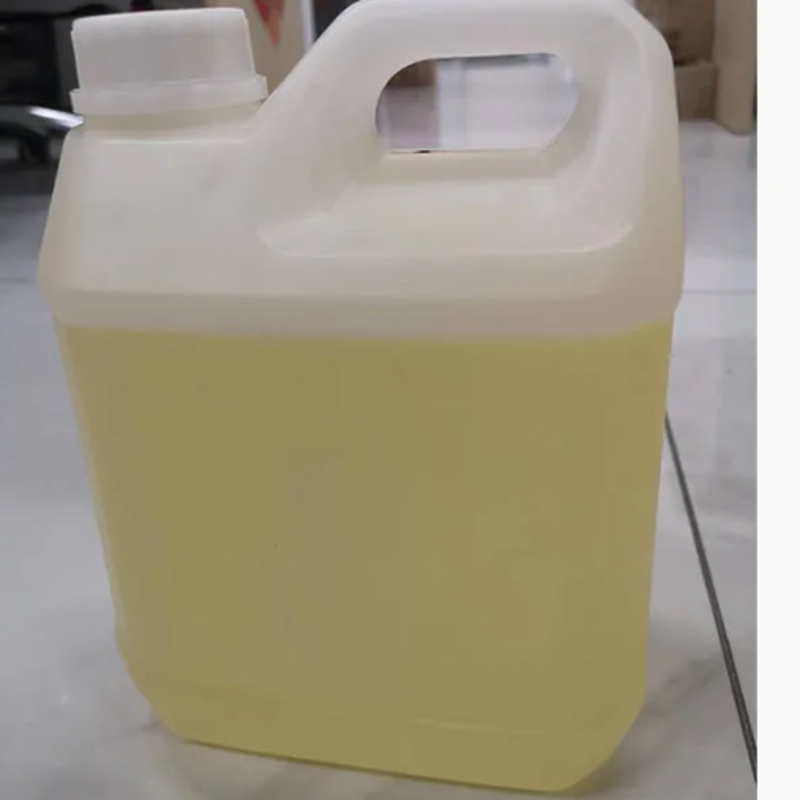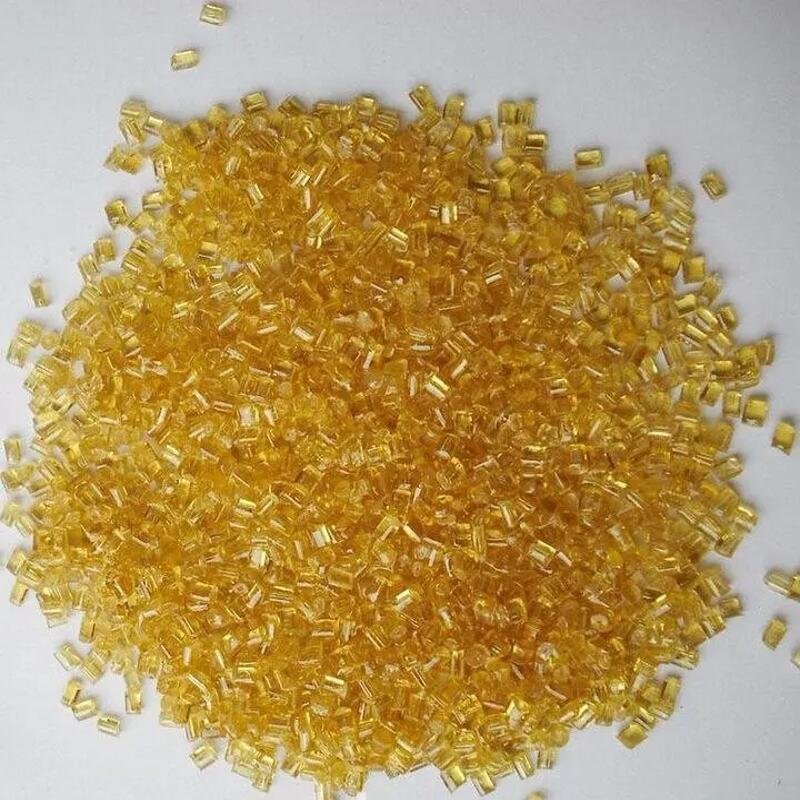-
Categories
-
Pharmaceutical Intermediates
-
Active Pharmaceutical Ingredients
-
Food Additives
- Industrial Coatings
- Agrochemicals
- Dyes and Pigments
- Surfactant
- Flavors and Fragrances
- Chemical Reagents
- Catalyst and Auxiliary
- Natural Products
- Inorganic Chemistry
-
Organic Chemistry
-
Biochemical Engineering
- Analytical Chemistry
-
Cosmetic Ingredient
- Water Treatment Chemical
-
Pharmaceutical Intermediates
Promotion
ECHEMI Mall
Wholesale
Weekly Price
Exhibition
News
-
Trade Service
On March 18, Global Recycling Day, Sensoneo released the 2022 Global Waste Index, which analyzes the efficiency of waste management in 38 countries around the world and ranks the world's largest waste polluters
.
The index shows that there are still significant differences in the amount of waste generated in the world and how it is handled
.
Sensoneo, a leading provider of smart enterprise-grade waste management solutions operating in 60 countries around the world, was first published in 2019
.
The 2022 Global Waste Index rankings, top-to-bottom, start with the highest-rated countries to the world's largest waste-producing countries
.
1.
Turkey has repeatedly become the world’s largest waste generator
Turkey has repeatedly become the world’s largest waste generator
Like three years ago, Turkey is again the least environmentally friendly country for waste management
.
In fact, as recently as 2019, Turkey did not recycle any waste at all
.
Today, according to official figures, recycling per capita is 47 kilograms
.
However, despite these apparent advancements in recycling, a huge amount of waste is still disposed of illegally every year – 176kg per capita
.
2.
Better waste management in the UK
Better waste management in the UK
From an environmental point of view, waste incineration is preferable to landfilling
.
Only 17 of the 38 countries included in the report incinerate more than landfill
.
They are Austria, Belgium, Denmark, Estonia, Finland, France, Germany, Ireland, Japan, Luxembourg, Netherlands, Norway, Slovenia, South Korea, Sweden, Switzerland and the United Kingdom
.
The UK has improved in waste management since the last report in 2019
.
The UK's score rose from 20th to 18th due to the lower amount of waste generated (down from 468kg per capita in 2019 to 463kg per capita in 2022)
.
Less waste ends up in landfill too: 109kg of waste per person in the UK was sent to landfill in 2019, down to 69kg per capita by 2022
.
At the same time, more waste is incinerated - according to the Global Waste Index, 190kg per capita will be incinerated in 2022, compared to 152kg in 2019
.
3.
The U.
S.
produces the largest amount of private waste: 811 kilograms per capita
The U.
S.
produces the largest amount of private waste: 811 kilograms per capita
Most waste is generated in the United States
.
Each U.
S.
citizen currently produces 811 kilograms of waste, about half of which ends up in landfills
.
At the same time, only 95kg of it was incinerated
.
American citizens generate 2kg more waste today than in 2019
.
In the UK, waste per capita fell by 5kg over the same period, despite the Covid-19 pandemic increasing the use of more single-use items such as medical masks and Covid rapid tests
.
4.
The great recycling myth
The great recycling myth
Many countries like to brag about their advanced waste management and high recycling rates
.
Sweden, South Korea and Germany are among them, and Germany is often hailed as the world champion of recycling
.
However, high recycling rates for plastic waste can be misleading
.
This figure is taken from the amount of waste that reaches recycling plants, but not everything is recycled through material recycling
.
This number is the amount of waste at the beginning of the long sorting process, and at the end only a fraction of the waste is reused
.
The rest is incinerated, i.
e.
"recycled" through energy recovery
.
Environmental groups such as Friends of the Earth Germany estimate that less than 16% of the recyclable waste designated for recycling in Germany can be reused
.
The biggest problem is caused by a mix of recyclable materials, such as yogurt jars with cardboard sleeves and aluminum lids
.
If these are not separated before they arrive, they will likely be registered at the recycling plant, but will still end up incinerated
.
Small, thin materials and some food packaging are difficult to recycle because their reprocessing requires complex technologies that are not readily available
.
The challenging recycling process is then reflected in the prices of secondary raw materials, making these raw materials very uncompetitive in the market
.







